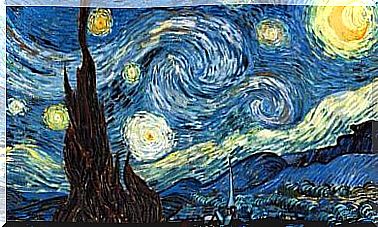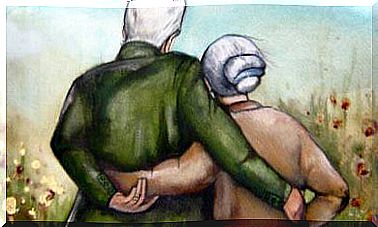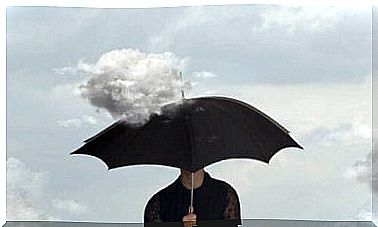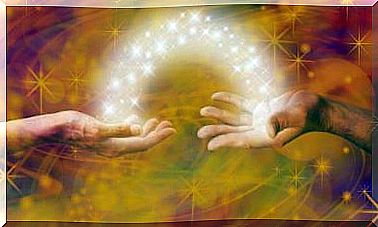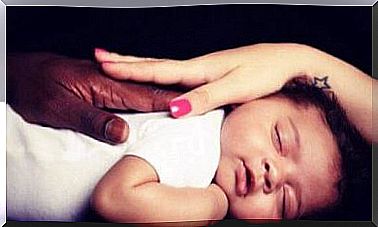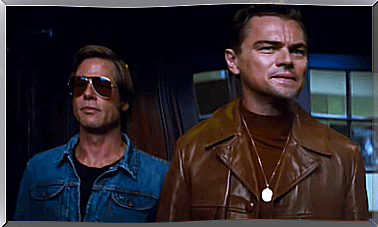Why Do We Trust Other People?

When it comes to love, money, or other areas of our daily lives that involve risks, trust is very important. New research sheds light on what motivates people to trust other people.
The study was conducted by a team of researchers from the University of Dartmouth in the United States and was published in the Journal of Neuroscience .
Trust in relationships
Cooperation and working together are important aspects of human life. Developing relationships is very rewarding. It is also fundamentally important for a person to belong to something. The feeling of belonging to something can promote both physical and mental health.
One of the most important things required for cooperation is trust. Trust means taking a certain risk in relation to another person.
Trust means acceptance and taking risks
The decision to take action with another person requires taking a significant and permanent risk. Of course, this also depends on the stage of the relationship and the intimacy it contains.
Researchers at the University of Dartmouth wanted to understand the mechanism behind this process. They tested this with social computational value. The purpose of this model was to predict decision-making in collaborative situations.

The importance of social value can be found in making a decision
26 volunteers participated in that study by playing a game of trust repeatedly.
Participants believed they were playing a financial investment game with a close friend, an unknown person, and a machine. Although the situation changed, in reality, participants played all the time with a simple algorithm that offered mutual trust 50% of the time.
The researchers developed this computational model to predict the decisions made by each player in each round, based on the players ’previous experiences in the game.
The results showed that participants felt that positive interaction with a close friend was more rewarding than positive interaction with a machine or an unknown person.
The researchers also found that the social value model helped them better predict investment decisions.
This model was used to predict the use of participants. The model was used to find out that a person receives a rewarding signal of social value in their brain if the decisions related to cooperation are reciprocal. The strength of this signal is determined by how close that relationship is.
The signal of social value is related to how much activity takes place in the frontal lobe of the brain as well as in one basal nucleus. The model was able to clearly predict the rewarding value of social value.

Trust and reward
The neural image showed that the signals occurring in the anterior foreleg and the particular basal nucleus correlated with the signals of social value as participants made decisions.
One of the core nuclei is playing a key role in handling awards. The frontal block is related to the evaluation of another person’s mental state.
Together, these two areas of the brain showed that players felt they received the biggest social reward when they realized they were playing with a close friend.
This is despite the fact that the participants learned that the players made a different transfer half the time. Despite this, their brains received a rewarding signal and they still trusted their friend more than other players.
“These results demonstrate the importance of social relationships in making day-to-day decisions, and especially how interpersonal relationships can change the value we adopt in relation to certain solutions, ” said one of the study’s leaders, Lucas Changel.
For this reason, researchers say social value motivates collaboration over and over again.
